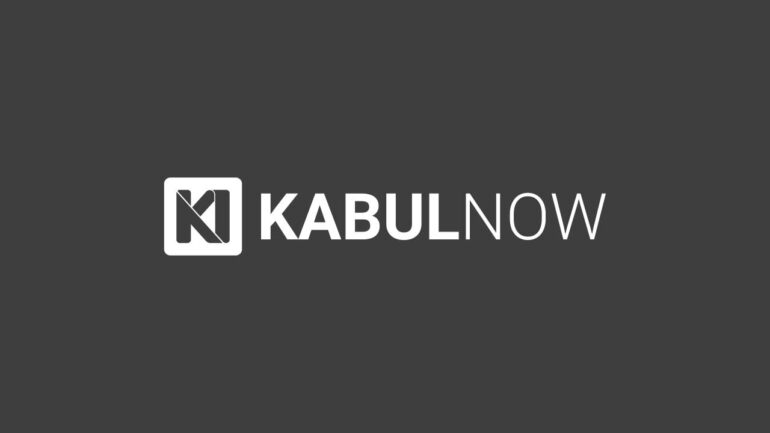In April 2022, the Taliban announced a ban on poppy cultivation in April 2022. But according to a recent United Nations Office on Drugs and Crime report, opium growth was up nearly a third last year, and with the Taliban’s control on the supply in the market, prices soared.
In April 2022, the Taliban announced a ban on poppy cultivation. However, according to a recent United Nations Office on Drugs and Crime report, opium growth was up nearly a third last year and, with the Taliban’s control of the supply in the market, prices soared.
In 2022, the UN said the area of land under cultivation increased by 32%, 56,000 hectares, compared to 2021.
| Fixing the market; how Taliban officials control the supply of opium and keep prices soaring
Daniel Simms of Cranfield University has been using technological ways of monitoring illicit crops, including using satellite imagery to measure opium cultivation. From 2005 to 2010, research showed that up to 30% of cultivated areas in Helmand were used for opium production, with the rest mostly used for growing wheat.
And attempts by the previous Afghan governments under Hamid Karzai and Ashraf Ghani, with the support of NATO allies’ presence on the ground failed to eradicate poppy cultivation.
With the ever worsening economic and humanitarian crisis in the country, Afghan farmers are becoming ever more dependent on opium for survivor. And according to Daniel Simms, the expectation for the Taliban to reduce poppy cultivation is “wishful thinking.”




